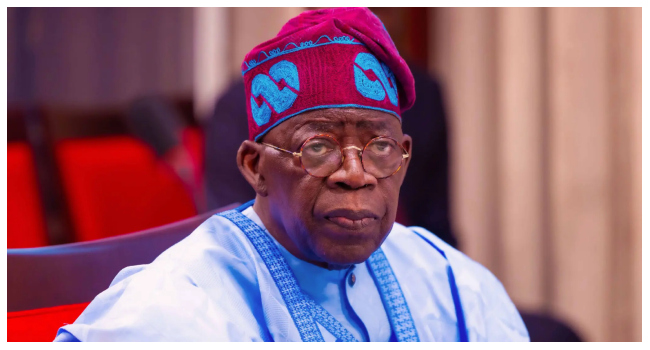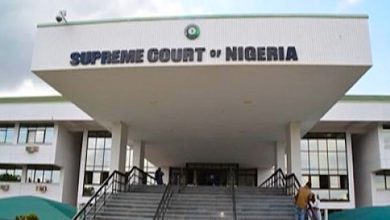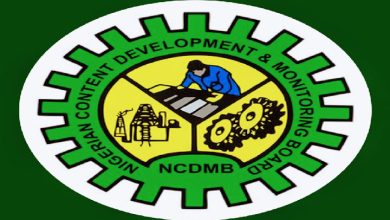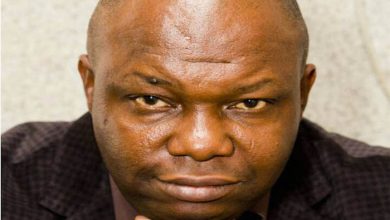
President Bola Tinubu has succumbed to growing calls for him to address the nation amid widespread #EndBadGovernance protests that entered its third day on Saturday.
The ex-Lagos governor who has been at the centre of rallies against economic hardship and high living cost that have reverberated across Nigeria’s 36 states and the nation’s capital Abuja will address over 200 million citizens on Sunday, August 4, 2024, at 7:00 am, his spokesman Ajuri Ngelale said in a statement.
“Television, radio, and other electronic media outlets are enjoined to plug into the network services of the Nigerian Television Authority (NTA) and the Federal Radio Corporation of Nigeria (FRCN) for the broadcast.
“The broadcast will be repeated on the network services of the NTA and the FRCN at 3:00 pm and 7:00 pm on the same day,” Ngelale said.
Since the protests started on Thursday, opposition Peoples Democratic Party (PDP), and Tinubu’s contenders in the last election ex-Vice President Atiku Abubakar and Peter Obi have loudly called on him to address defiant youths who have taken to the streets to express their displeasure over the wobbling economy and the attendant hardship in the country.
Prices of food and basic commodities have gone through the roof in the last months, as Nigerians battle one of the country’s worst inflation rates and economic crises sparked by the government’s twin policies of petrol subsidy removal and unification of forex windows.
Resilient Youths List Demands
Propagated on social media, the #EndBadGovernance protests against economic hardship planned for 10 days entered its third day on Saturday as resilient youths pushed on, insisting that Tinubu meets their demands.
Some of the demands of the protesters include the restoration of petrol subsidies and the forex regime. They also want the government to address food shortages, unemployment and wasteful spending by those in power. Other demands are reduction of the President’s cabinet and general cost of governance, immediate reforms of the electoral umpire INEC and anti-graft agency EFCC with renewed vigour in the fight against corrupt politicians.
The protests turned awry in Kano, Borno, Yobe, Kaduna, Jigawa, Nasarawa and other states where rampaging hoodlums took advantage of the situation and burned vehicles, looted warehouses and private stores. Police said seven persons died during incidents around the protests but denied that security agents killed any of the victims.
Till Day 3, policemen were seen dispersing protesters using tear gas, even as civil society organisations condemned the action of the police.
Channels news







